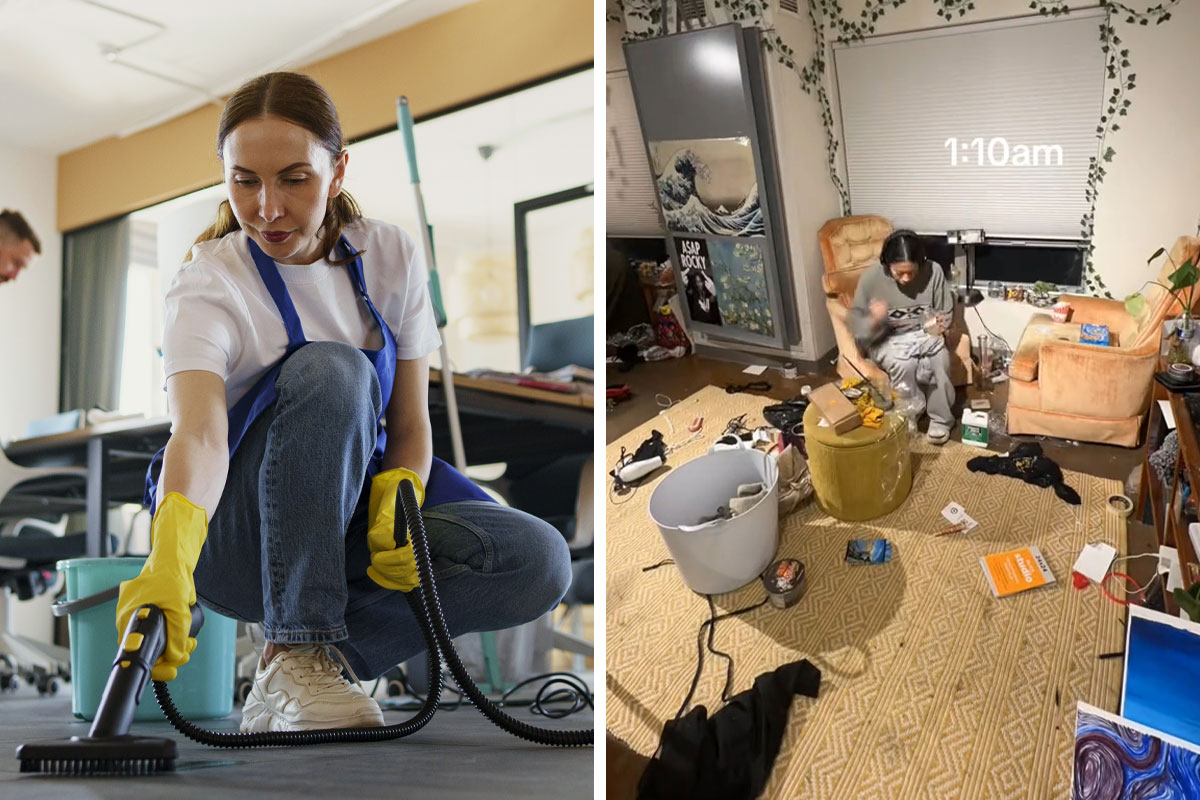
People Are Filming Their “Manic Cleaning” Routines, Leading To Warnings From Experts
An online trend in which people label impulsive cleaning as “manic cleaning” has raised concerns from those with actual manic experiences who feel the casual use of mental health terms diminishes the severity of conditions like bipolar disorder.
Many people have experienced a sudden urge to clean or dedicated a specific period during the year to drastically wash their home, such as spring cleaning. Yet, some individuals have found a questionable way to brand the need to instantaneously cleanse their surroundings.
- Impulsive cleaning labeled as 'manic' trends on TikTok, sparking concern.
- 'Manic cleaning' diminishes the severity of genuine mental health terms.
- Experts warn against casual use of psychiatric terms for ordinary behavior.
- True mania involves severe mood changes, not just sudden cleaning urges.
Some oblivious people on TikTok have been using serious psychiatric terms to describe a relatively ordinary behavior. The latest consists of labeling random bursts of motivation to tidy up as being manic cleaning.
These content creators have been recording themselves frantically cleaning cluttered closets and scrubbing dirty dishes, while people in the comments agree that they also experience this mania, USA Today reported.
A trend in which people label impulsive cleaning as “manic cleaning” raised concerns for people who feel it diminishes real mental disorders
Image credits: freepik
TikToker Jessica Roof, for example, posted a video that’s been viewed over eight million times where she was seen walking into a room and dropping a full basket of laundry.
She captioned: “When you’ve been manic cleaning for the past 8 hours and go to tackle the 3 baskets of laundry but then feel the switch flip.”
Although intense cleaning spells are common behaviors among people experiencing mania, experts say they last much longer than a couple of hours, aren’t done out of boredom, and can be followed by a severe depression that can last weeks to months, unlike what’s discussed online, USA Today reported.
Content creators have been recording themselves frantically cleaning, while people in the comments agree that they also experience this mania
Image credits: jcomp
According to the Cleveland Clinic, mania is a condition in which you have a period of abnormally elevated, extreme changes in your mood or emotions, energy level, or activity level. This highly energized level of physical and mental activity and behavior must be a change from your usual self and be noticeable by others.
25-year-old Hanno Ortiz, from Kansas, USA, was diagnosed with schizoaffective disorder bipolar type, meaning she experiences both manic and depressive episodes, as well as delusions and hallucinations.
She told USA Today: “It is absolutely insensitive and invalidating to see mental health language being used as a cute little adjective or referring to something completely normal.”
She continued: “Unfortunately, serious symptoms of mental illness have become trendy and have lost their meaning.”
“So people who suffer from mania are being spoken over by people who act on pretty normal impulsive behavior.”
Although intense cleaning spells are common behaviors among people experiencing mania, experts say they last much longer than a couple of hours
Image credits: freepik
According to Hanno, manic cleaning videos have been contributing to misinformation about mania, as people associate it with ordinary behaviors and ignore other, more debilitating symptoms.
David Miklowitz, a psychiatry professor at the University of California, Los Angeles, USA, explained that a person experiencing a manic episode might deep-clean their apartment at midnight on two hours of sleep or spam former classmates with messages asking to meet after years of no contact.
Rehab Center NorthStar Transitions notes that mania is typically accompanied by periods of depression, thus portraying symptoms of bipolar I disorder. Manic episodes include various symptoms, such as racing thoughts, exaggerated ideas, rapid speech, restlessness, and irritability.
Mania is a condition in which you have a period of abnormally elevated, extreme changes in your mood, and it is often associated with bipolar disorder
Image credits: master1305
According to Healthline, people with bipolar I disorder experience more severe highs (mania) and may not have depressive episodes. While people with bipolar II experience a less severe high (hypomania), their diagnosis includes depressive episodes.
Professor Miklowitz explained: “There’s the assumption that being in a high state of frenetic activity means you’re bipolar.”
“It’s like when someone thinks they have ADHD because they have trouble focusing.”
“But people don’t realize the other part of the disorder, which is when you fall into a severe depression.”
“We’re not talking about just getting tired of cleaning.”
“We’re talking about having trouble getting out of bed, not being able to sleep even though you want to, losing appetite, or feeling suicidal.”
“Unfortunately, serious symptoms of mental illness have become trendy and have lost their meaning,” a person with a schizoaffective disorder bipolar type said
Image credits: testies123
The psychiatry professor revealed that random bursts of motivation to clean were considered manic only if they were unusual, noticeable, occurred every day for a week or more, and affected a person’s daily life, such as their ability to work or care for their children.
He also said that these episodes had to always be accompanied by other symptoms, like feeling euphoric or extra talkative. He further noted: “True episodes of mania are very painful and disruptive.
“It’s not fun, and people can end up arrested or in the hospital.
“I know that people online are just joking around, but taking a label like mania and applying it to an everyday behavior can diminish what it’s like to really have bipolar disorder.”
“So people who suffer from mania are being spoken over by people who act on pretty normal impulsive behavior,” the diagnosed woman said
Image credits: testies123
José Menchón, a psychiatrist and director of Centre Medic BM in Barcelona, Spain, said people who have frequent cleaning sprees may exhibit obsessive-compulsive symptoms instead, which include intense urges to be orderly, as per USA Today.
The National Institute of Mental Health describes obsessive-compulsive disorder, commonly referred to as “OCD,” as a long-lasting disorder in which a person experiences uncontrollable and recurring thoughts (obsessions), engages in repetitive behaviors (compulsions), or both. People with OCD have time-consuming symptoms that can cause significant distress or interfere with daily life.
Professor Miklowitz suggested that a person should ask themselves: “Do my cleaning sprees interfere with my job, relationships, or physical or mental health?”
A person experiencing a manic episode might deep-clean their apartment at midnight on two hours of sleep, an expert said
@testies123 when everything jn my life is chaos i control the one thing i can which is my space #xyzabc ♬ Plastic Beach (feat. Mick Jones and Paul Simonon) – Gorillaz
“Next, consider whether you have other manic symptoms, such as no desire to sleep and high energy that’s out of character for you.”
“If you are experiencing at least three manic or depressive symptoms, seek a mental health evaluation so you can receive proper treatment, if necessary, which may involve a mix of medication and talk therapy.”
The psychiatry expert revealed that doing so was especially helpful for people who have a family history of bipolar disorder or OCD, as both disorders can be passed down through generations.
Mania is typically accompanied by periods of depression, thus portraying symptoms of bipolar I disorder, a rehab center explained
Image credits: b0btaildog
He added: “With any psychiatric disorder, you don’t want to just take one behavior and say, ‘That’s what I have because I do it.'”
“All illnesses are associated with normal behaviors to an extent.”
He also urged people to be mindful of the language they use to describe mental health, such as avoiding phrases like “schizo,” “delulu,” and “I’m so ADHD.”
“It’s like when someone thinks they have ADHD because they have trouble focusing,” the expert said
@b0btaildog that hurt my legs so bad 😭 #grwm #fyp #cleantok #cleaning #ootd #roomtour #relatable ♬ kai bomboclaat – 6’2 with dreads btw
Sarah Victor, an assistant professor of clinical psychology at Texas Tech University, told USA Today: “They oversimplify, and in many cases, are inaccurate reflections of the experience of these types of problems.
“Many people already feel ashamed about living with mental illness or other problems, and these terms can exacerbate that.”
Nilou Nekou, a licensed marriage and family therapist and chief clinical officer at Alter Health Group in California, emphasized the difference between “manic” and “impulsive,” The New York Post reported.
@cherryemojigirl THE VOICES #fyp ♬ original sound – LoveSoft
@heyyrobin I SCRUBBED THE BATH TUB and WALLS. MICAH IS PROUD, lol 😆 #griefjourney #mentalhealthmatters #mentalhealth ♬ answering machine – ❀
She told Fox News Digital in an interview: “I think the word ‘manic’ is attention-seeking.
“It does draw a negative component to it because if somebody is really dysfunctional, or they have that diagnosis, this could be a dangerous label [to use] on social media.”
Bipolar disorder affects approximately 5.7 million adult Americans, or about 2.6% of the US population age 18 and older every year, as per the National Institute of Mental Health.
The institute further estimates that 1.2% of U.S. adults had OCD in the past year. Past year prevalence of OCD was higher for females (1.8%) than for males (0.5%).
“It’s the best cleaning, you don’t miss a spot,” a TikTok user commented
Poll Question
Thanks! Check out the results:
Yet everyone still uses the word "triggered" incorrectly and says they have PTSD so casually...
People are forgetting the difference between manic and mania. Manic is an adjective about an action that is similar to frantic. Mania is a medical condition. You can do something manically, but listen closely. YOU DO NOT HAVE MANIA NOR YOU ARE MANIC YOURSELF. STOP IT OR I'LL SLAP YOU WITH A DICTIONARY STACKED ON TOP OF THE DSM. STOP IT!
Social media has been co-opting mental health related terms since its inception. How often do you see people saying "I have OCD about this" or "intrusive thoughts won" or "hahah omg I totally have adhd!"? That's why I'm always careful to say "I was diagnosed with" autism or ADHD, because then it's less likely that people will dismiss me.
The intrusive thoughts thing is so frustrating. I have diagnosed OCD. The intrusive thoughts are the worst part in my opinion. It’s not some quirky fun “let’s go swimming at night!” type thing. It’s horrifying imagery of yourself doing things that revolt you to your core and make you feel like a monster for thinking it. The pictures are more detailed than any other thing you can imagine, and they’re constantly haunting you every waking hour. You do compulsions to try to make it stop, and sometimes the thoughts get stuck in a rut and you’re trapped. The thoughts are so revolting you cant bring yourself to say them aloud. It’s isolating and miserable. Those TikTok videos aren’t intrusive thoughts, they’re just quirky funky ideas done for clout.
Load More Replies...Yet everyone still uses the word "triggered" incorrectly and says they have PTSD so casually...
People are forgetting the difference between manic and mania. Manic is an adjective about an action that is similar to frantic. Mania is a medical condition. You can do something manically, but listen closely. YOU DO NOT HAVE MANIA NOR YOU ARE MANIC YOURSELF. STOP IT OR I'LL SLAP YOU WITH A DICTIONARY STACKED ON TOP OF THE DSM. STOP IT!
Social media has been co-opting mental health related terms since its inception. How often do you see people saying "I have OCD about this" or "intrusive thoughts won" or "hahah omg I totally have adhd!"? That's why I'm always careful to say "I was diagnosed with" autism or ADHD, because then it's less likely that people will dismiss me.
The intrusive thoughts thing is so frustrating. I have diagnosed OCD. The intrusive thoughts are the worst part in my opinion. It’s not some quirky fun “let’s go swimming at night!” type thing. It’s horrifying imagery of yourself doing things that revolt you to your core and make you feel like a monster for thinking it. The pictures are more detailed than any other thing you can imagine, and they’re constantly haunting you every waking hour. You do compulsions to try to make it stop, and sometimes the thoughts get stuck in a rut and you’re trapped. The thoughts are so revolting you cant bring yourself to say them aloud. It’s isolating and miserable. Those TikTok videos aren’t intrusive thoughts, they’re just quirky funky ideas done for clout.
Load More Replies...
 Dark Mode
Dark Mode 

 No fees, cancel anytime
No fees, cancel anytime 



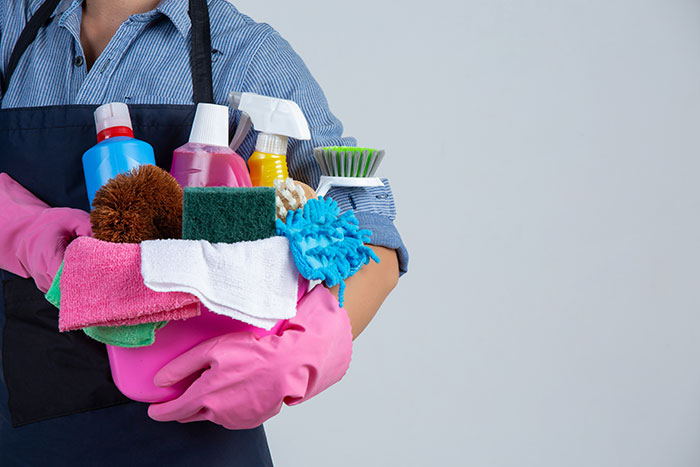
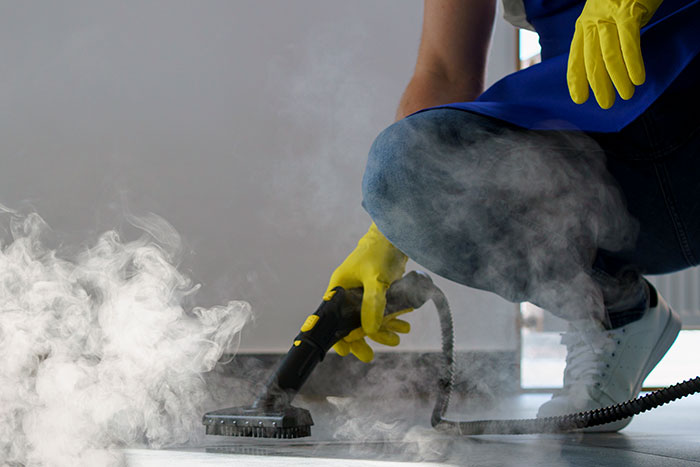
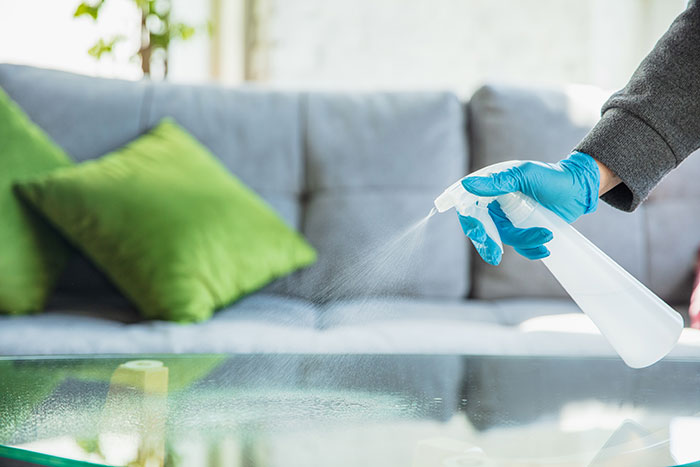
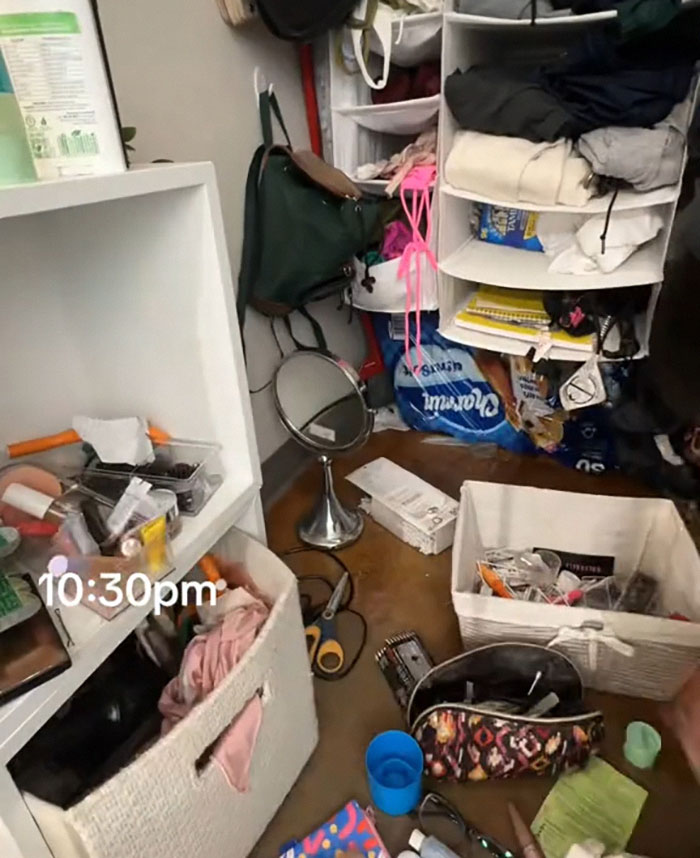
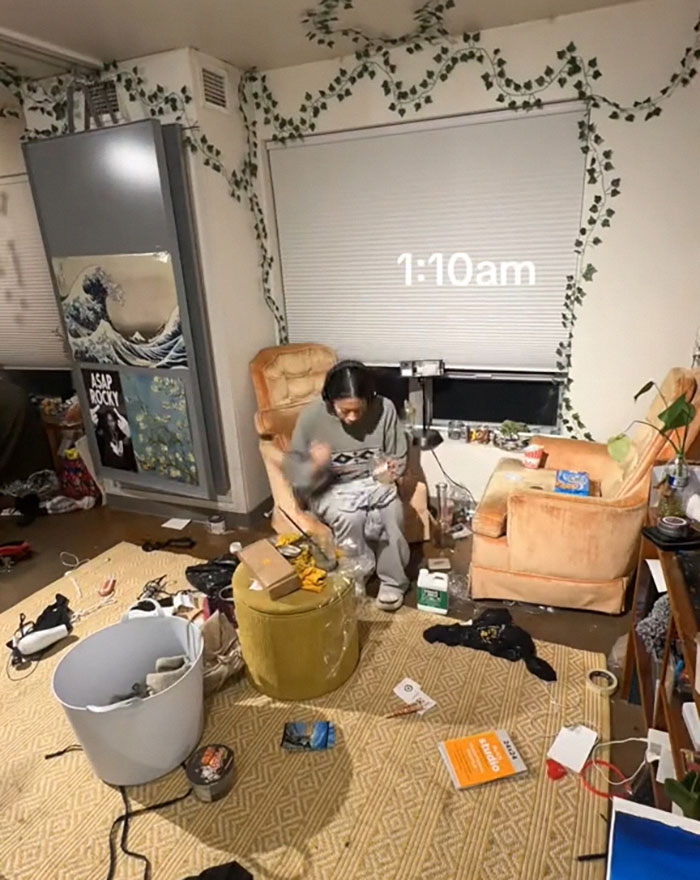
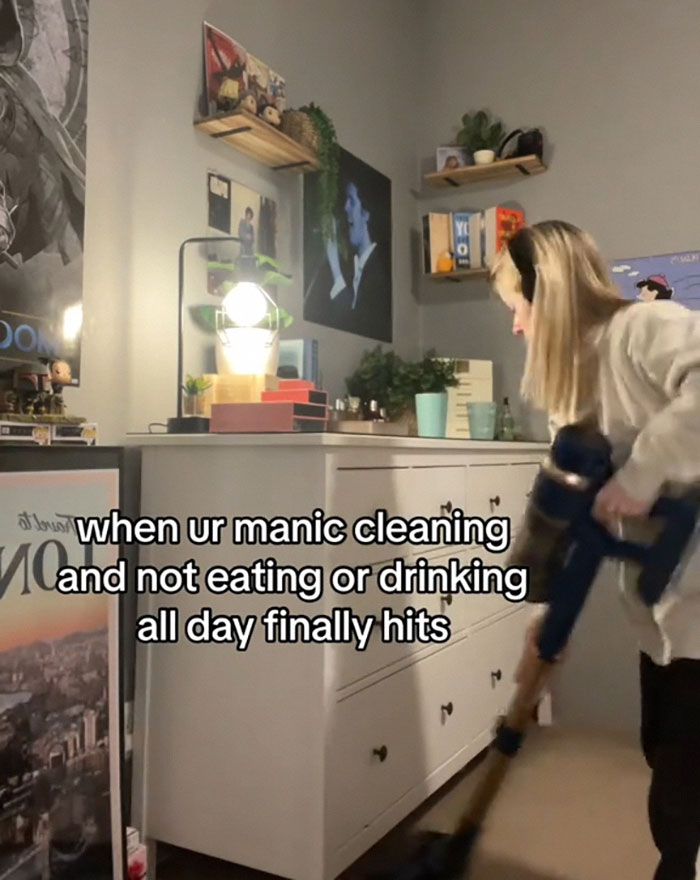

















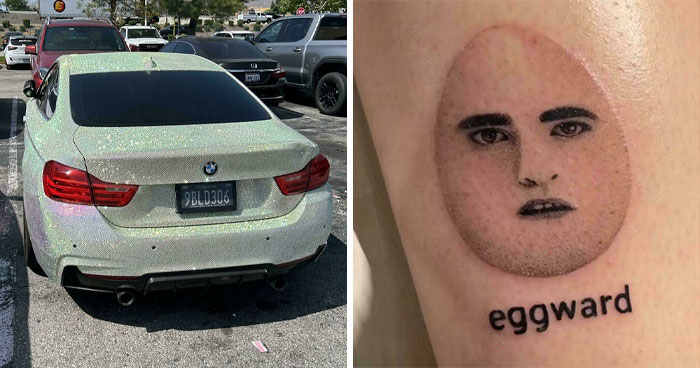
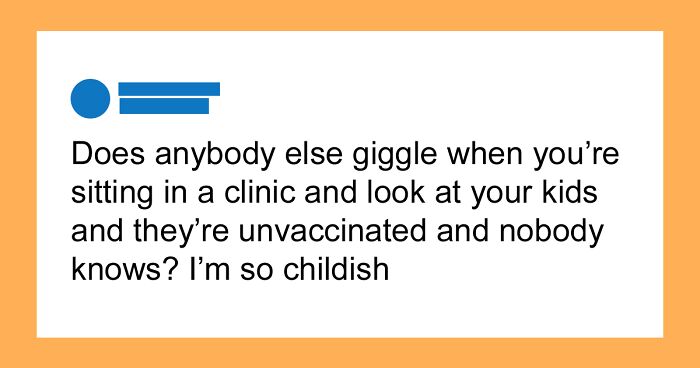




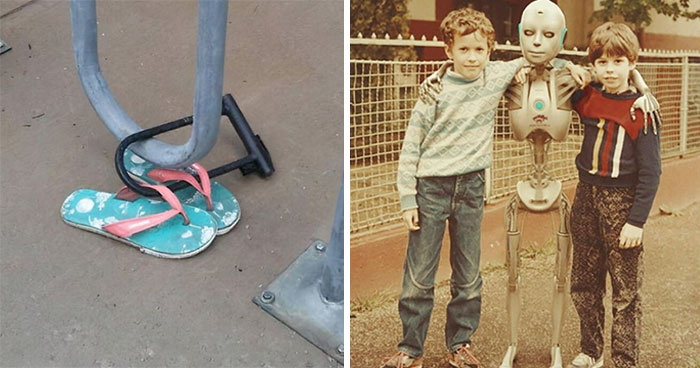

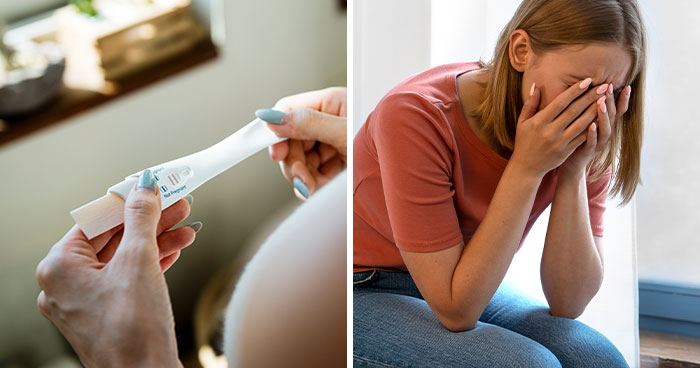
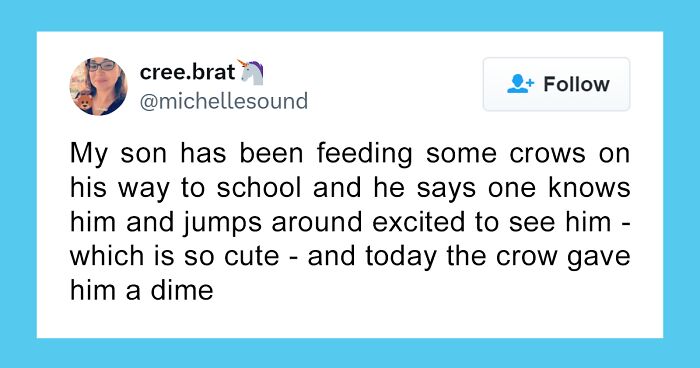

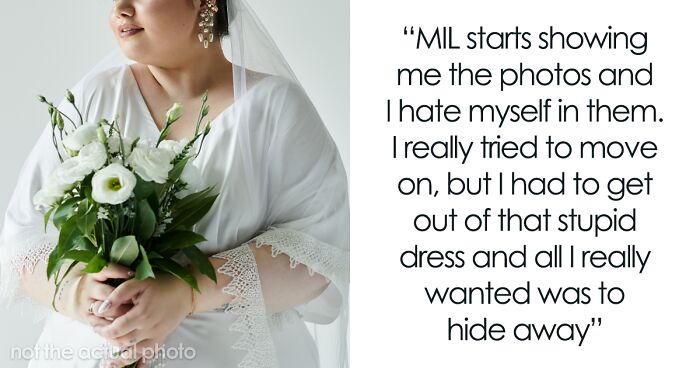
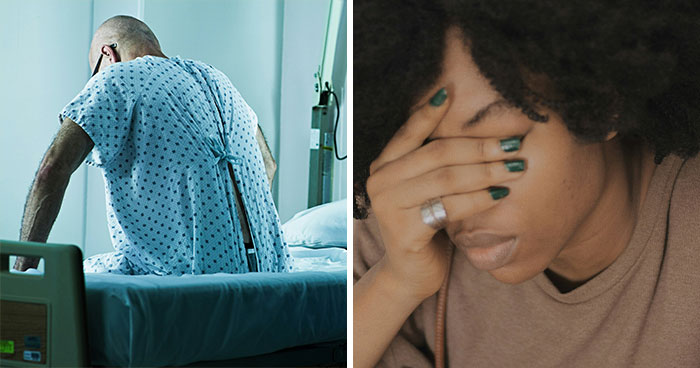
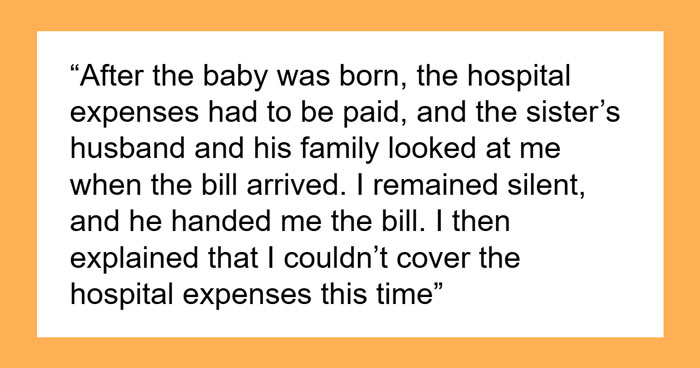



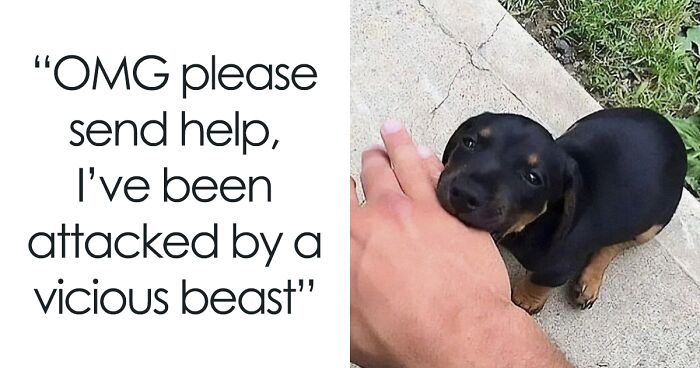

11
39